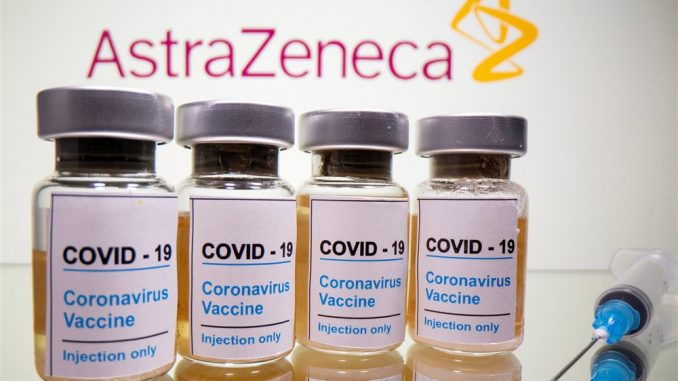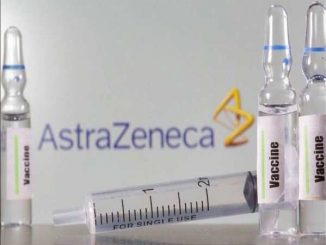
Drugmaker AstraZeneca announced Monday morning that its vaccine candidate is 90 percent effective in preventing COVID-19, the third such candidate to meet the threshold.
The company said an interim analysis of U.K. trials found no severe cases of the virus or hospitalizations among subjects receiving the vaccine, developed by Oxford University.
“[W]e’ve found that one of our dosing regimens may be around 90% effective and if this dosing regime is used, more people could be vaccinated with planned vaccine supply,” Andrew Pollard, CEO of the Oxford Vaccine Trial, said in a statement. “Today’s announcement is only possible thanks to the many volunteers in our trial, and the hard working and talented team of researchers based around the world.”
Pollard noted in a news conference that the vaccine could also be stored at refrigerated temperatures, simplifying the logistics of transporting it.
ALSO READ: Oxford resumes AstraZeneca COVID-19 vaccine trial halted by patient illness
“Because the vaccine can be stored at fridge temperatures, it can be distributed around the world using the normal immunization distribution system,” he said in a news conference. “And so our goal … to make sure that we have a vaccine that was accessible everywhere, I think we’ve actually managed to do that.”
Trials also found the vaccine was 90 percent effective when first given as a half dose and then a full dose a month later.
However, experts Reuters this should not be taken as an indication it is less effective than its counterparts from Pfizer and Moderna, which both recently reported 95 percent efficacy rates.
“I think it is a real fool’s errand to start trying to pick these three apart on the basis of snippets of phase 3 data from press releases,” Danny Altmann, a professor of immunology at Imperial College London, told the news service. “For the bigger picture, my suspicion is that by the time we are a year down the line, we’ll be using all three vaccines with about 90% protection – and we’ll be a lot happier.”
AstraZeneca said it could have up to 200 million doses by the end of the year, around quadruple that of Pfizer, Reuters reported. AstraZeneca’s vaccine is also projected to be available at a lower cost than either Moderna’s or Pfizer’s candidates.




